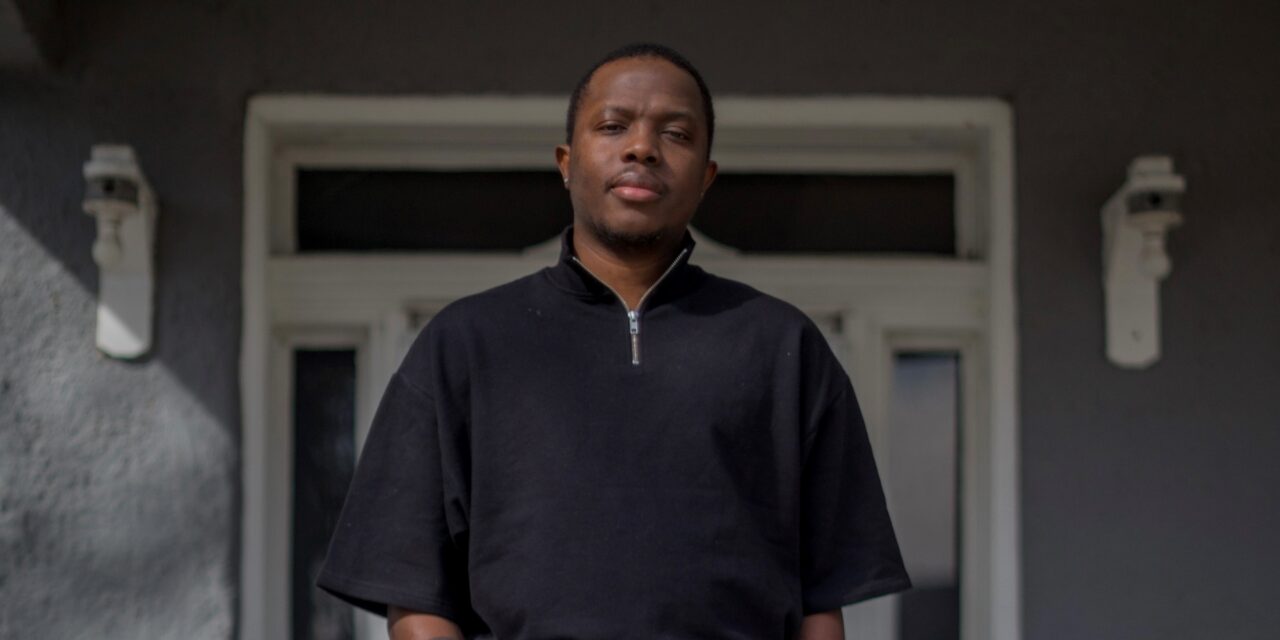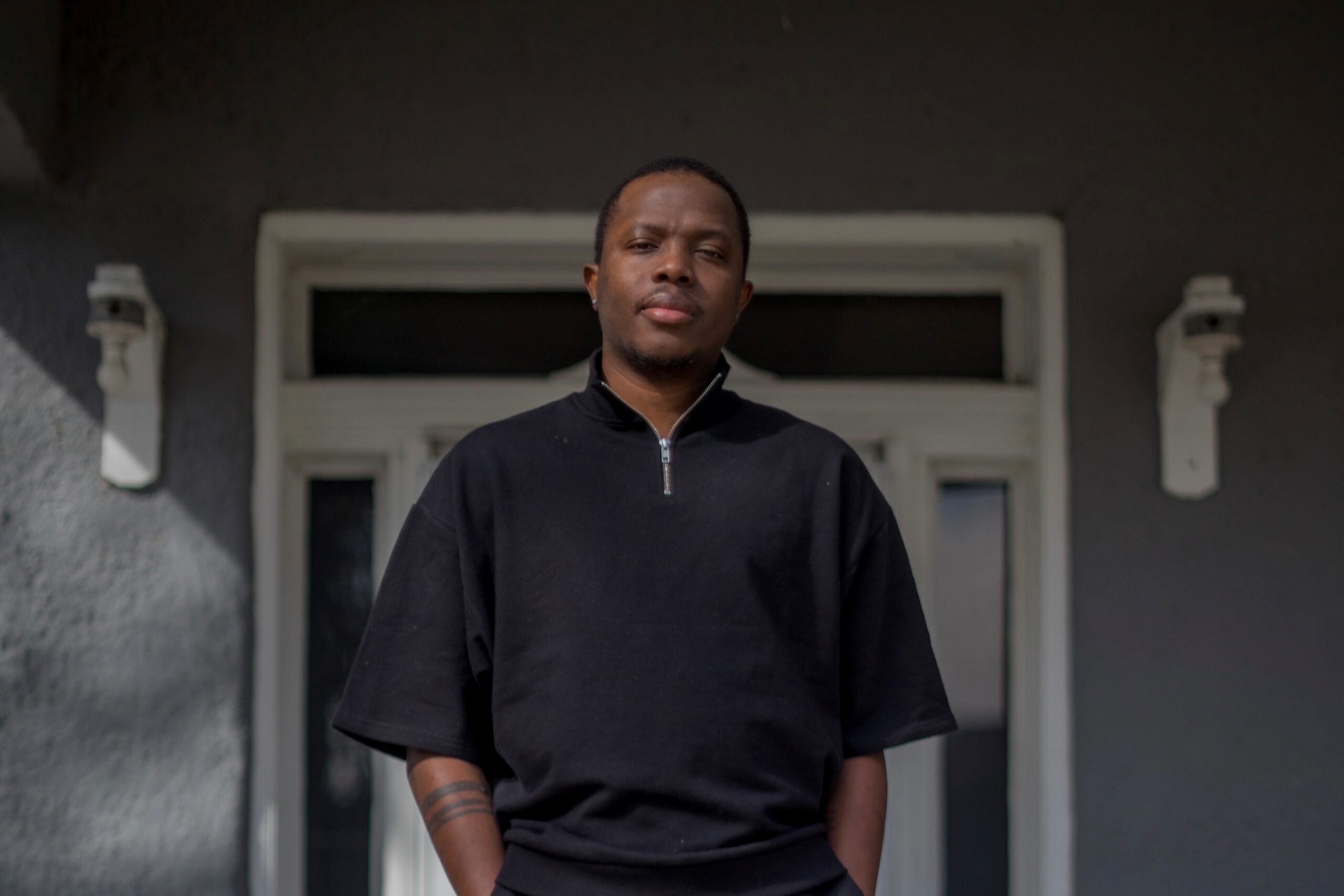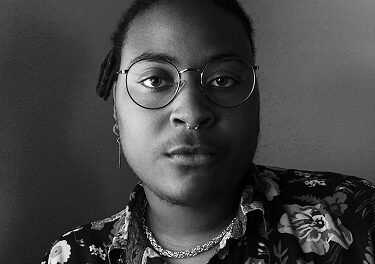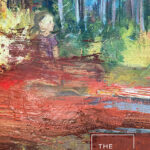Associate Editor Madeleine Wattenberg: In the opening line of Romeo Oriogun’s “Those Statues of Old,” the poem’s speaker catches sight of several statues while driving. Contextualized by the 1897 massacre and looting of Benin City by the British, what follows is a simultaneously expansive and intimate meditation on the possibilities and impossibilities of poems to speak to the dead. Toward its end, the poem shifts to the future tense, insisting on a future finally capable of answering to the past: “Yes, let the time come.”
Those Statues of Old
after the statues of men and women killed
during the British Massacre of Benin
Driving past Ring Road, I see them,
the statues, men and women kissing into violence,
swords, spears, bayonets forgotten in their bodies
like the way time has forgotten the graves
of those who died in my childhood years,
whose innocence requires no headstone, no map,
for they fully belong to the earth. And the bats,
those messengers, are always flying above
the statues, saying in their wings
blanketing the sky, saying, these bodies
now sculpted before you stood against the White men,
these bodies were the first to fall, then the red walls,
then the city. I have told no one this
but once when I was ten, a stranger to this city,
they came, the men, the women, they came, saying,
speak to us of the river running through the center
of this city, speak to us of palm trees
and I said nothing, for what image is worthy
of the dead? Today, I know they will come again,
bringing with them the old smell of gunpowder, the smell
of mud, the wind singing its uselessness to history.
I am not prepared to answer their questions,
I am not prepared to show them the poem I have written
since their last visit. The lines I wrote in the dark
I cannot see in the light. And they will follow me,
all of them, like tin cans tied to a rope. They will scrape
the ground, their sounds an ongoing mourning.
I am wedded to this fate of dusk and terror,
to this fate of rage and love. And before the night comes
I will walk down the riverbank; I will see the rain.
Yes, let my wet clothes hide my fear. Yes, let the time
come, let the river lead me to its bed, that country
with its citizens of pebbles and castaways, let it hold
me for a while and when I come up, I will read
my poem, I will say to the dead, I was waiting for the rain.
Romeo Oriogun was born in Lagos, Nigeria. He is the author of Sacrament of Bodies (University of Nebraska Press, 2020). His poems have appeared in Prairie Schooner, American Poetry Review, Harvard Review, Poetry London, and others. He currently is an MFA candidate for poetry at the Iowa Writers’ Workshop, where he received the John Logan Prize for Poetry.
For more miCRo pieces, CLICK HERE












